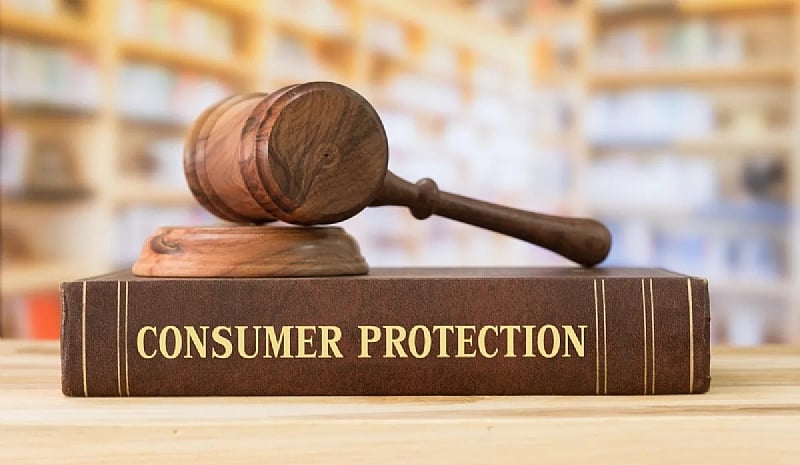The Consumer Protection Agency (CPA) is poised to take legal action against the Public Utilities Regulatory Commission (PURC) over the latter’s decision to implement tariff increases for electricity and water services. The CPA contends that the PURC’s decision, which entails a 14.75% hike in electricity tariffs and a 4.02% rise in water tariffs effective May 2, 2025, is illegal due to procedural irregularities and a lack of adequate consumer representation. The CPA argues that the PURC failed to constitute the legally mandated Technical and External Committees responsible for tariff review following a change in government, rendering the tariff adjustment process flawed and illegitimate. The CPA asserts that the PURC’s decision violates principles of fairness, transparency, and inclusivity, and threatens to impose an undue financial burden on both businesses and ordinary Ghanaians.
At the heart of the CPA’s argument is the assertion that the PURC did not adhere to due process by failing to reconstitute the Technical and External Committees, which are crucial for reviewing proposed tariff adjustments. These committees provide a platform for expert analysis and stakeholder engagement, ensuring that tariff decisions are informed by technical considerations and reflect the interests of various stakeholders, including consumers. The CPA emphasizes that the absence of these committees undermines the legitimacy of the PURC’s decision and raises concerns about the transparency and accountability of the tariff-setting process.
The CPA also criticizes the PURC for inadequate consultation with consumers and insufficient representation of their interests in the decision-making process. The agency argues that the PURC’s rationale for the tariff adjustments, which cites factors such as exchange rates, inflation projections, fuel costs, and the current hydro-thermal generation mix, does not fully address the potential impact on consumers. The CPA contends that the PURC should have engaged in broader consultations with consumer groups and other stakeholders to ensure that their concerns and perspectives are adequately considered before implementing tariff increases.
Furthermore, the CPA expresses concerns about the quality of service delivery by utility providers. The agency points to persistent consumer complaints regarding service interruptions, billing inaccuracies, and inadequate customer service. The CPA argues that raising tariffs without addressing these underlying service quality issues is unfair to consumers and does not incentivize utility providers to improve their performance.
The CPA has called on the PURC to suspend the proposed tariff adjustments until broad-based consultations are conducted, and consumer interests are adequately represented. The agency has also urged the PURC to prioritize addressing consumer complaints and improving the quality of service delivery before considering any tariff increases. The CPA’s Director in Charge of Mediation and Arbitration, Nana Prempeh Okogyeabur, has stated that the agency will pursue legal action to halt the tariff adjustments if the PURC does not respond favorably to its demands.
The looming legal battle between the CPA and the PURC highlights the tension between the need to ensure the financial viability of utility providers and the imperative to protect consumers from unreasonable price hikes and subpar service quality. The outcome of this dispute will have significant implications for the affordability and accessibility of essential utility services in the country. The CPA’s position underscores the importance of regulatory processes that are transparent, inclusive, and responsive to the needs of all stakeholders, particularly consumers who bear the brunt of tariff increases and service disruptions. The case emphasizes the critical role of consumer advocacy organizations in holding regulatory bodies accountable and ensuring that consumer rights are protected.














